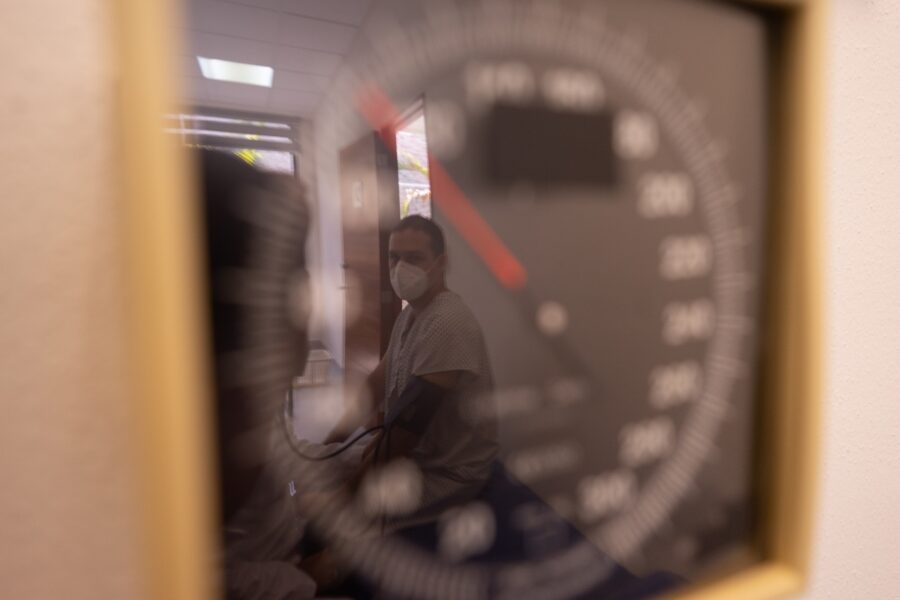Blood pressure is a vital aspect of our health, as it directly affects the functioning of our cardiovascular system. High blood pressure, or hypertension, is a common and often silent health condition that can lead to severe complications such as heart disease, stroke, and kidney problems if left unmanaged. While many factors contribute to hypertension, including lifestyle and dietary choices, genetics also play a significant role. In this article, we will explore the influence of family history on blood pressure and what individuals can do to manage their risk effectively.
Understanding Blood Pressure:
Blood pressure is the force of blood against the walls of your arteries as it circulates through your body. It is measured in millimeters of mercury (mmHg) and typically represented as two numbers: systolic pressure (the higher number) and diastolic pressure (the lower number). A normal blood pressure reading is around 120/80 mmHg. Hypertension is generally diagnosed when blood pressure consistently exceeds 130/80 mmHg.









